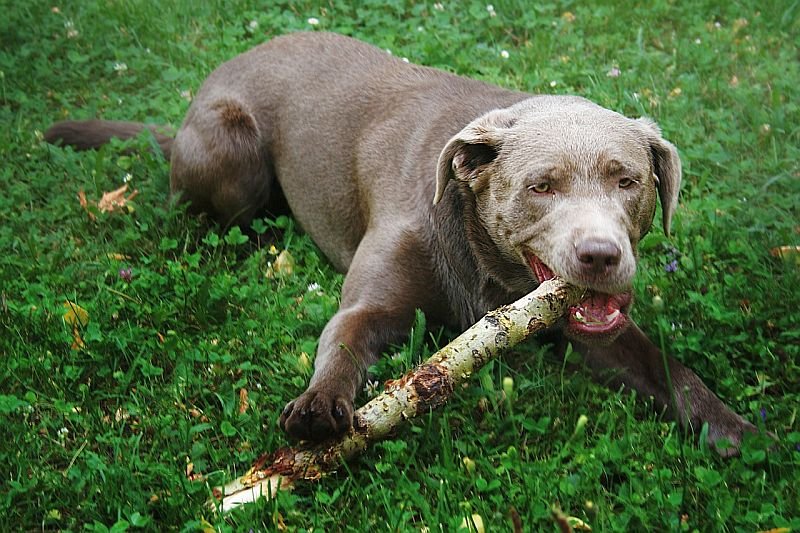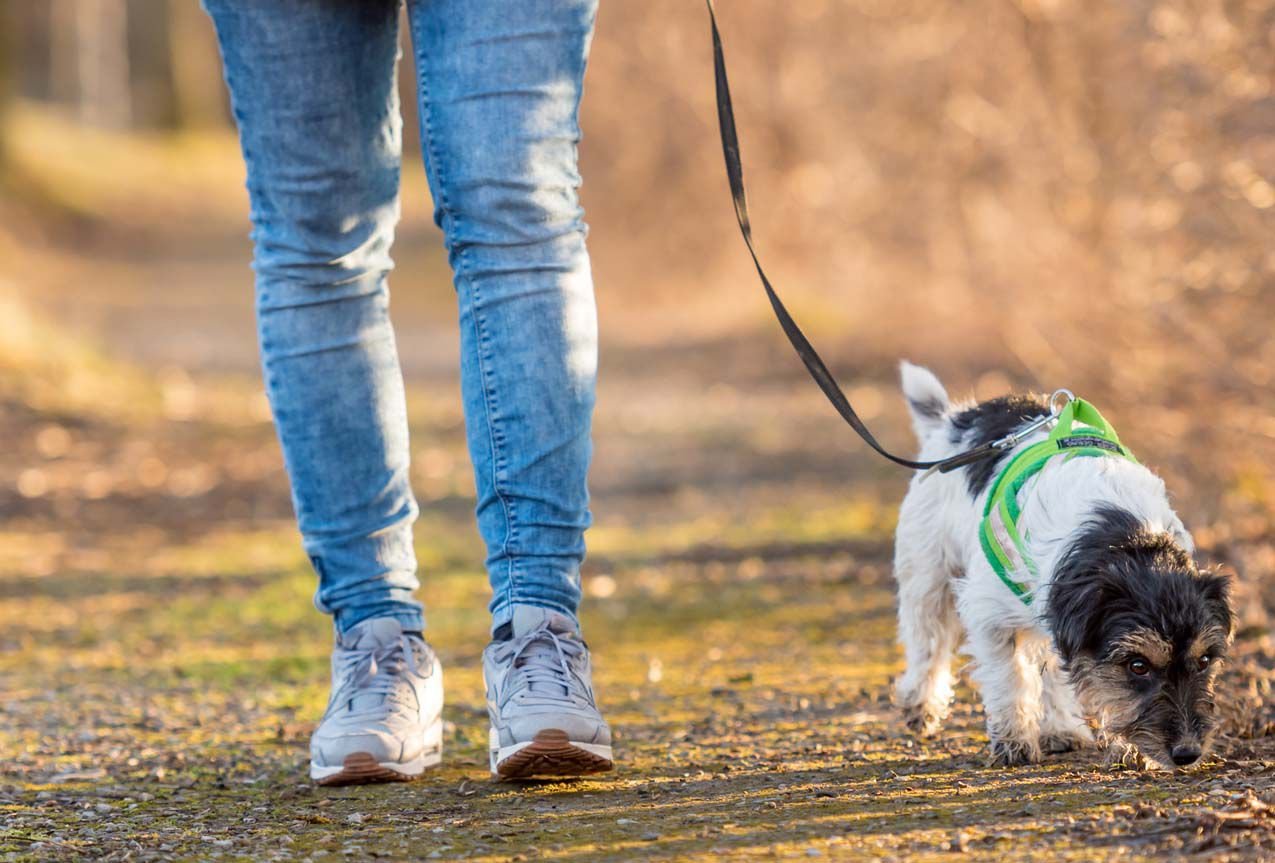How to stop dog from eating stuff outside

How to stop dog from eating stuff outside ? Every dog owner has faced the exasperating scenario of their furry friend munching on mysterious items during outdoor adventures. While it may seem harmless, this behavior poses risks to your dog’s health and safety. In this blog post, we’ll delve into the intricacies of understanding and curbing the common issue of dogs eating things outside, exploring preventive strategies, environmental management, and the importance of consistency in training.
How to stop dog from eating stuff outside ?

Understanding the Behavior
Natural Instincts and Curiosity
Dogs are naturally curious creatures, exploring the world through their senses. Understanding this innate behavior is the first step in addressing their propensity to taste-test everything they encounter.
Potential Dangers of Ingesting Foreign Objects
Beyond mere curiosity, ingesting foreign objects can lead to serious health issues. From gastrointestinal problems to potential toxicity, it’s crucial to grasp the dangers associated with this seemingly innocent behavior.
Assessing the Root Cause

Boredom and Lack of Mental Stimulation
Dogs may resort to eating random items when bored. Discovering engaging activities and providing mental stimulation can redirect their focus.
Hunger or Inadequate Nutrition
Ensuring your dog receives a well-balanced diet is essential. Sometimes, scavenging behavior may stem from nutritional deficiencies or hunger.
Attention-Seeking Behavior
Dogs thrive on attention, positive or negative. If they feel neglected, they might resort to attention-seeking behaviors like eating things they shouldn’t.
Behavioral Issues or Anxiety
Underlying behavioral problems or anxiety can manifest in undesirable actions. Identifying and addressing these issues is crucial for modifying your dog’s behavior.
Prevention Strategies
Supervision During Outdoor Activities
Keeping a watchful eye on your dog during outdoor excursions is the first line of defense. Immediate intervention can prevent them from indulging in their scavenging tendencies.
Training and Reinforcement of Basic Commands
Teaching commands like “Leave it” and “Drop it” can be lifesavers. Consistent training reinforces obedience and helps in diverting your dog’s attention away from potential hazards.
Providing Ample Exercise and Mental Stimulation
A tired dog is a happy dog. Regular exercise and mental stimulation reduce boredom, making your dog less likely to resort to indiscriminate eating.
Ensuring a Balanced and Nutritious Diet
A well-fed dog is less likely to scavenge for food. Consult with your veterinarian to ensure your dog’s diet meets their nutritional needs.
Environmental Management
Keeping the Yard or Outdoor Space Free of Tempting Items
A proactive approach involves removing temptations from your dog’s environment. Regularly inspect and clean your yard to minimize potential hazards.
Using Deterrents Such as Bitter Sprays
Bitter sprays can discourage your dog from nibbling on undesirable items. These safe and pet-friendly deterrents provide a sensory reminder to avoid certain objects.
Providing Designated Play Areas with Safe Toys
Redirecting your dog’s focus to designated play areas equipped with safe toys reinforces positive chewing behavior.
Consistency in Training
Reinforcing Positive Behavior
Positive reinforcement is key to behavior modification. Reward your dog when they exhibit good behavior to reinforce positive habits.
Avoiding Punishment-Based Approaches
Negative reinforcement can be counterproductive. Instead of punishment, focus on redirection and positive reinforcement.
Regular Training Sessions to Reinforce Commands
Consistent training sessions are essential. Regular reinforcement of commands ensures that your dog understands and follows instructions.
Seeking Professional Help
Consulting with a Veterinarian or Professional Dog Trainer
If the problem persists, seeking professional advice is paramount. A veterinarian or professional dog trainer can provide insights into behavioral issues and recommend tailored solutions.
Addressing Underlying Behavioral Issues
Professional help can identify and address deeper behavioral issues contributing to your dog’s scavenging habits.
Exploring Potential Medical Causes for Excessive Eating
In some cases, excessive eating may have medical causes. A thorough examination by a veterinarian can rule out any underlying health issues.
Case-specific Solutions
Tailoring Strategies Based on Breed, Age, and Preferences
Different dogs have different needs. Tailor your approach based on your dog’s breed, age, and individual preferences.
Adjusting Approaches for Multiple-Dog Households
In households with multiple dogs, dynamics can play a role in scavenging behavior. Adjust strategies to accommodate the unique dynamics of your furry family.
Monitoring Progress
Tracking Improvements in Behavior
Keep a keen eye on your dog’s behavior and track improvements. Positive changes indicate the effectiveness of your interventions.
Adjusting Strategies if Needed
Flexibility is key. If certain strategies prove less effective, be open to adjusting your approach to better suit your dog’s needs.
Celebrating Milestones in Behavior Modification
Celebrate small victories in behavior modification. Acknowledging progress reinforces your dog’s positive actions.
Conclusion
In conquering the challenge of preventing your dog from eating things outside, patience, consistency, and a deep understanding of your furry friend’s needs are your greatest allies. By implementing a combination of preventive measures, environmental management, and consistent training, you can ensure your dog’s well-being and cultivate positive habits for a lifetime of shared adventures.



